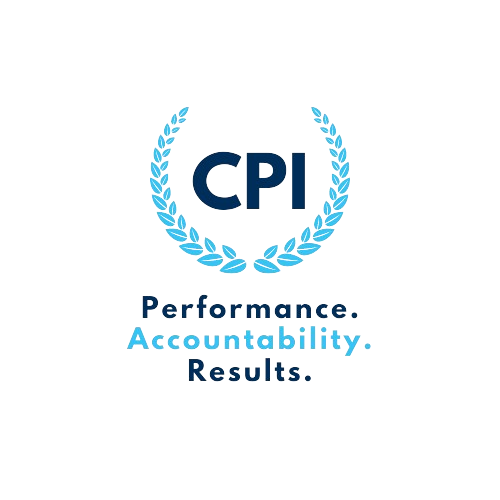10 Radical Qualities to Develop Your Leadership Skills -Part 2
- October 31, 2023
- Posted by: Sandra Baptist
- Category: Uplevel My Team

The following is a continuation from last week’s Blog Post on 10 radical leadership qualities to develop strong leadership skills:
6. Practice good soft skills.
Soft skills include interpersonal people skills, social skills, communication skills, character traits, attitudes… (Wikipedia.com) Leaders can only excel if people are willing to follow you. As a leader, you must be able to inspire and motivate your team. Develop your soft skills. If you are seen as a team player, your team will be more willing to discuss ideas with you openly.
7. Learn, learn and then learn some more.
You should never stop learning. Consider opportunities to expand your leadership role and find ways you can develop further. Learn new techniques in problem solving or consider new ideas or take lessons to improve your technical proficiency. By building your personal competence, you are much more able to cement your value as an excellent and competent leader.
8. Respect
Respect is something most people pursue but don’t always get. Respect is something we have to earn. If you want to earn people’s respect, show them respect. It’s easy for relationships to fall apart when the foundation isn’t built on mutual respect. You can only lead people on for a short while, after which you will have to show that you truly deserve the respect they give you. Despite appearances, people still admire and applaud values, one of which is respect. Values stand for what you believe in and what you’re willing to fight for. Strong values indicate strong leadership.
9. Take responsibility.
If and when things don’t come out the way you planned, don’t be quick to point fingers and place blame. Analyze the events that contributed to the situation and impose corrective action. By rolling up your sleeves and focusing on what can be done, you come across as a take-charge leader, not a small-time snitch.
Acknowledge your weaknesses and mistakes, but move on quickly. “Fail forward Fast!” Never dwell on a mistake or weakness because it will waste your precious time and discourage you from focusing on the big picture.
10. Appreciate and develop your team.
Show your team that you appreciate their hard work. It’s part of human nature to want to be acknowledged and made to feel important so lead your team by being truly sincere when you give compliments.
Developing people for leadership responsibility begins with providing opportunities for individuals to acquire self-esteem, good decision-making skills and the expertise that create leaders.
For many years, people development has been considered extremely effective for various organizations. People development trains people to be more efficient team members and at the same time well developed leaders so they can obtain their goals individually and also as a team. People development ensures that any team will be more effective through better team performance and enhanced leadership.
Organizations need leaders who are endowed with the right skills and training acquired through people development. It’s not just important to acquire people who can take responsibilities but can also coordinate with the team members and direct them to execute the proper actions.
People development teaches a leader about communication skills, management, and teamwork. Through this, the team will be guided accordingly and will be able to deliver efficient results. Indeed, people development can help you focus on developing your personal skills as well as your team’s leadership expertise as well. By working as a group and with the guidance of a good leader, your team will succeed in its tasks and propel the organization forward, faster.
